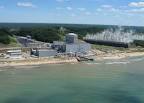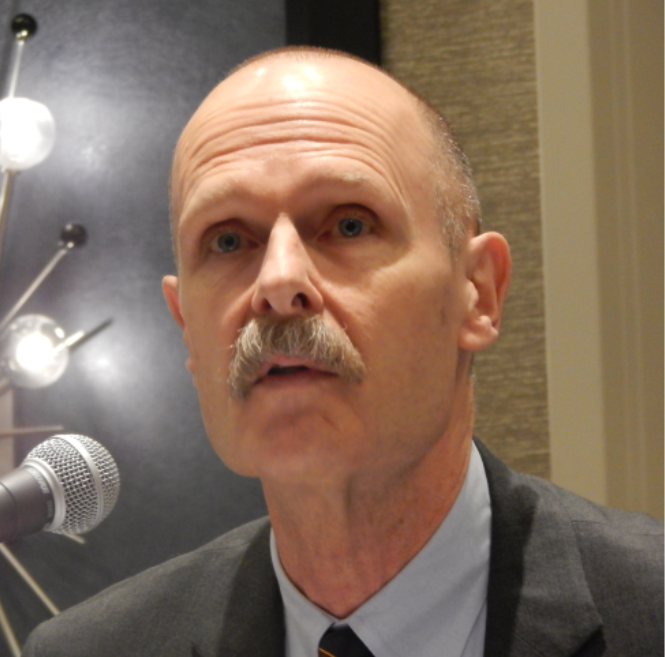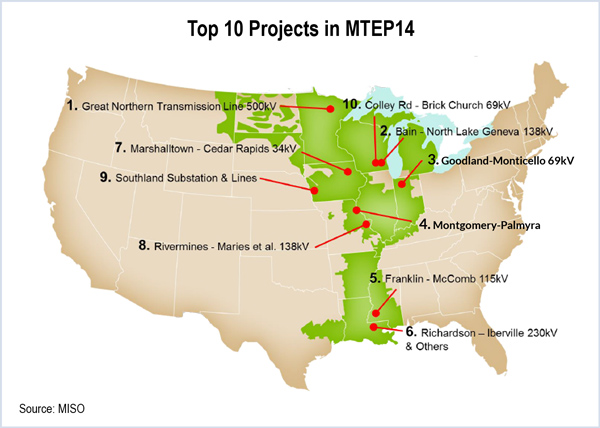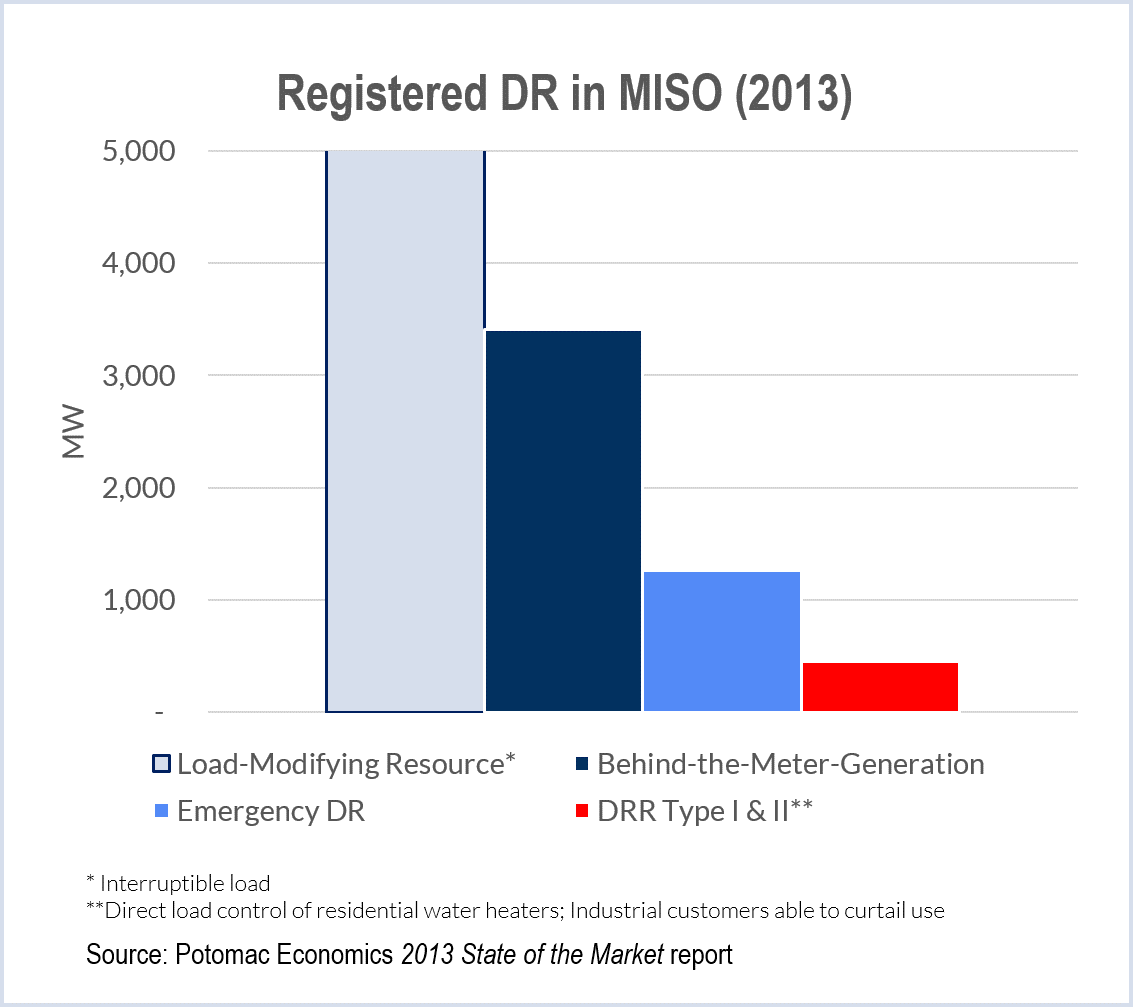By Ted Caddell
After breezing through regulatory approvals by Virginia and the Federal Energy Regulatory Commission, Exelon’s $6.8 billion acquisition of Pepco Holdings Inc. (PHI) is starting to run into some headwinds.
Citing doubts about Exelon’s claimed economic benefits, the staff of the Maryland Public Service Commission said the company should provide $167 million in credits to customers, an increase of two-thirds over the $100 million the company offered.
And last week, the Maryland Office of People’s Counsel urged the commission to reject the deal.
“There is no doubt that this acquisition is a boon to PHI shareholders, but it offers nothing to Maryland’s utility customers,” People’s Counsel Paula M. Carmody said. “While Exelon has provided a ‘checklist’ of purported benefits, including better reliability, to customers and the state, OPC has determined that they are either non-existent or woefully deficient.”
The Chicago-based energy giant still needs approval from Maryland, D.C., Delaware and New Jersey, in addition to the U.S. Department of Justice.
Like several groups that have filed comments with the PSC opposing the acquisition, Carmody is concerned about the size of the company that would result.
“Exelon already owns [Baltimore Gas and Electric], but this acquisition would allow Exelon … to control electric utilities serving 80% of Maryland’s electric customers,” she wrote. “Such an acquisition would allow Exelon to exercise undue influence and control over regulated electric service and retail electric company policies in most of the state of Maryland and much of the footprint in the PJM wholesale market area.”
Market power issues are at the forefront of other interveners’ concerns, including PJM’s Independent Market Monitor, Joe Bowring. Repeating concerns he expressed during the FERC approval process, Bowring said mitigation measures should be taken to keep the combined companies from exerting undue influence.
“The proposed merger raises potential vertical and horizontal market power issues,” Bowring wrote in a letter to the PSC last week.
Bowring recommended requiring the companies to agree to remain in PJM and to permit independent third-party interconnection studies. RTO Insider reported last week that the Department of Justice is investigating the interconnection process in PJM’s MAAC sub-region as part of its review of the merger. (See DOJ Probing Interconnection Process in Exelon-Pepco Merger.)
The Monitor also said Exelon should agree to a review of ratings of all elements of the combined transmission systems and a regular process for reviewing and updating transmission limits.
FERC approved the acquisition without requiring any of Bowring’s proposed mitigation measures. (See FERC Approves Exelon-Pepco Merger.)
Bruce Burcat, executive director of the Mid Atlantic Renewable Energy Coalition (MAREC), said that even mitigation measures wouldn’t keep Exelon from growing too powerful for the market.
“The size and scope of this merger in and of itself raises a lot of angst for MAREC as we are very troubled by the ability of this huge utility to dominate markets,” Burcat wrote the Maryland commission last week. “I am not sure that there is a sure way to completely mitigate or even anticipate the impacts … that the combination of these companies will present to regulators, competitors and most importantly ratepayers.”
Like many other groups, MAREC has also filed opposition briefs with regulatory agencies in D.C., Delaware and New Jersey.
While the Maryland PSC staff report didn’t urge rejection of the merger, it said that Exelon’s claims of economic benefits to the state was “deeply flawed” and said that the deal could result in job-loss impacts totaling up to $309 million.
In addition to the $100 million in customer credits, Exelon has promised to continue the charitable giving that Pepco did, to the tune of $50 million over the next 10 years.
Exelon spokesman Paul Adams acknowledged that not all parties are satisfied with what the company is offering but said the acquisition is a good deal for the entire territory.
“As part of this [PSC review] process, we are open to feedback and discussions with all stakeholders,” he said in a prepared statement. “We believe that the facts — which are available in the testimony we’ve filed with the commission and other information we have provided to the parties through the regulatory process — will show that this merger is in the public interest and will benefit customers and the community.”
Exelon has gathered some allies in Maryland. In October, the president of the Montgomery County Council, Craig L. Rice, wrote the PSC to say he believes that “the combination of these two companies is clearly in the public interest and will benefit Pepco customers, Montgomery County and the State of Maryland.”
Brien Poffenberger, CEO of the Maryland Chamber of Commerce, expressed his support in a letter published last week by The Baltimore Sun. “With so much at stake, it’s right that the Maryland Public Service Commission and other stakeholders take a hard look at what this merger will mean for consumers. But it’s also clear that Exelon has been a reliable partner, and it has the track record to prove it,” he wrote.
Hearings before the PSC are scheduled to begin Jan. 26. Hearings in New Jersey are set for Jan. 12. Both D.C. and Delaware have scheduled hearings for February.










